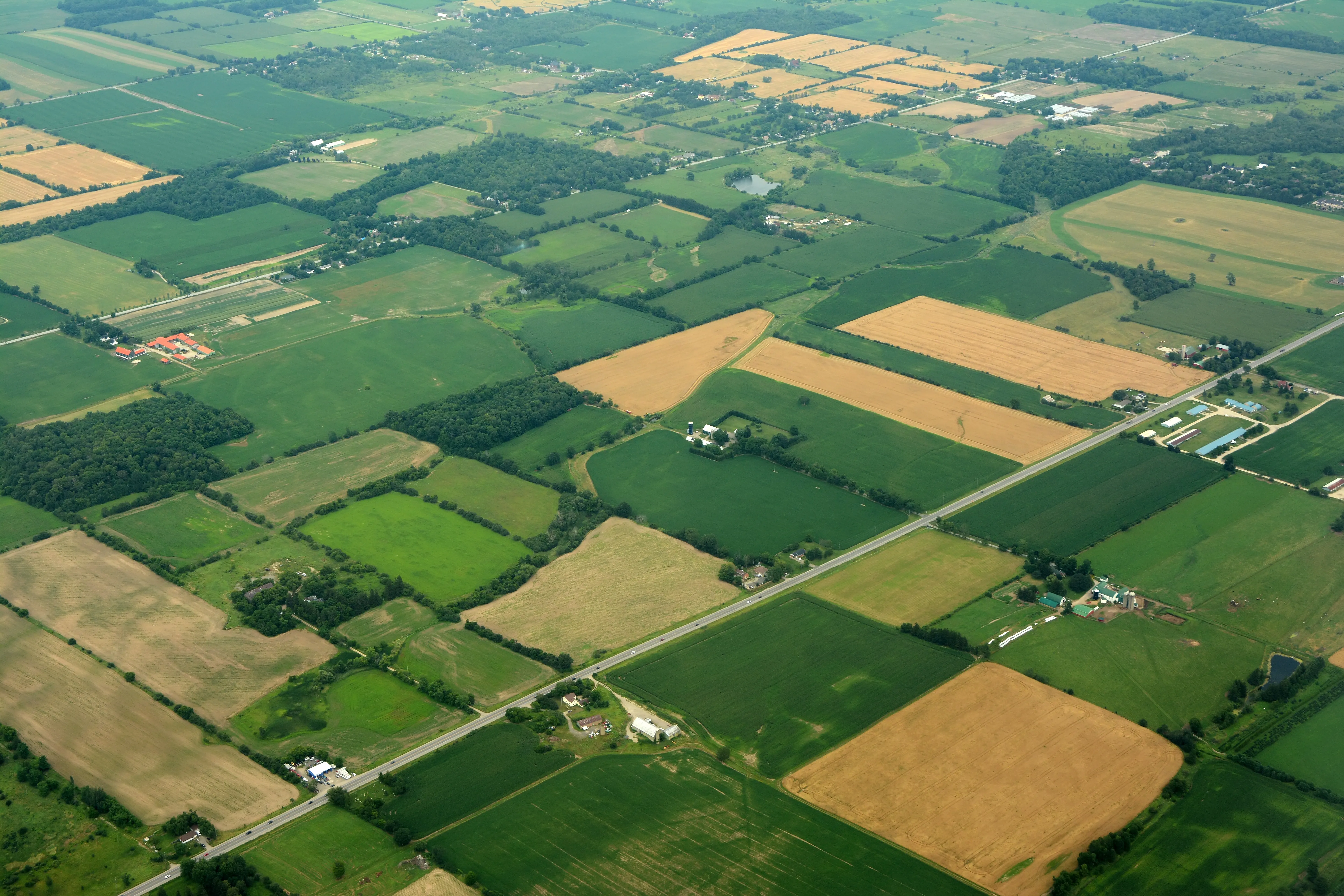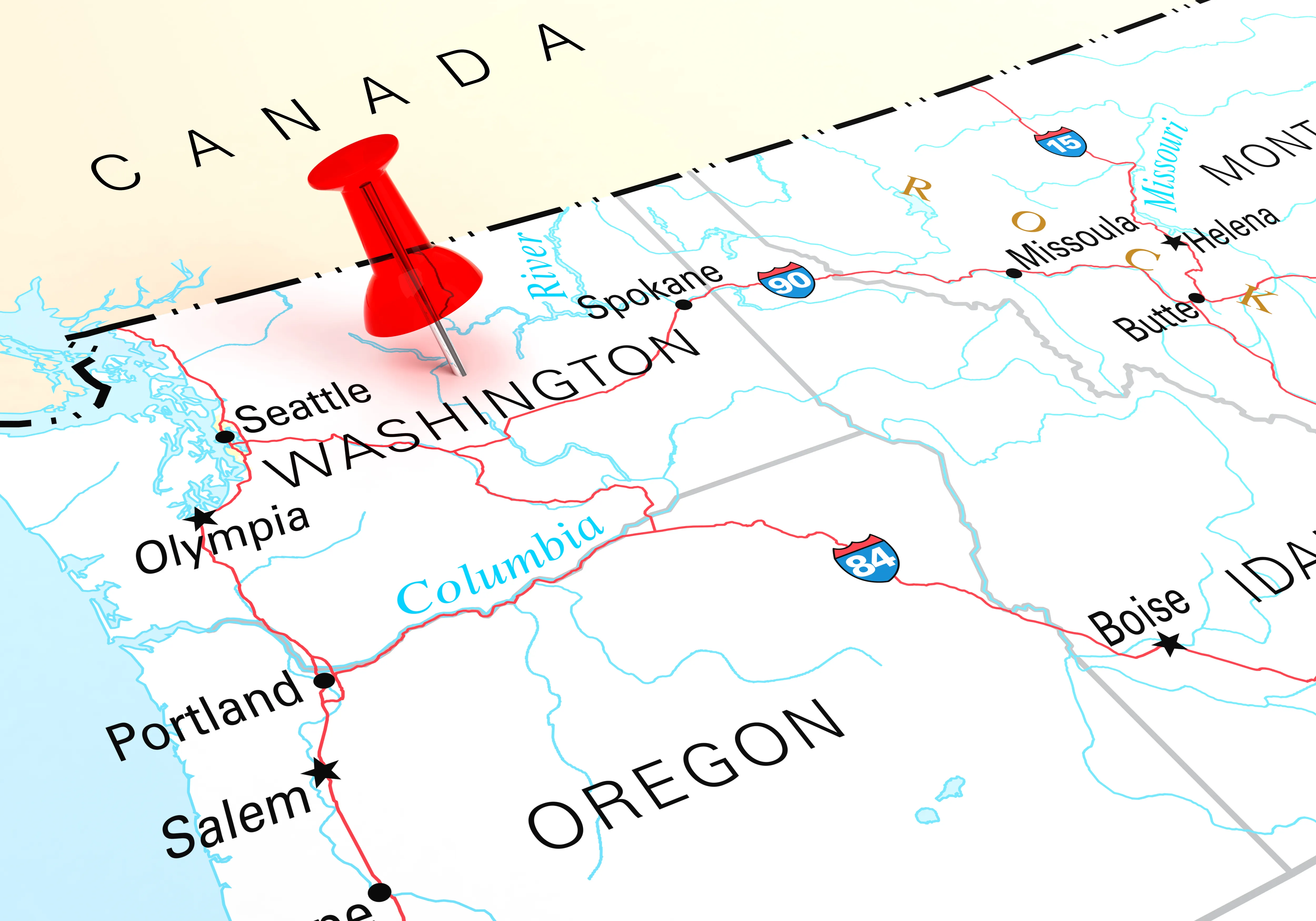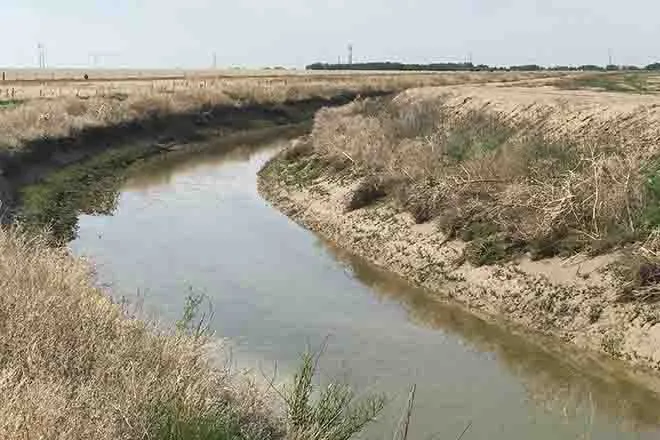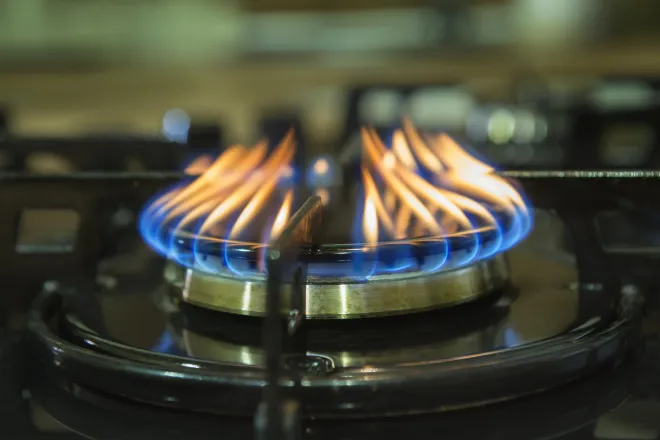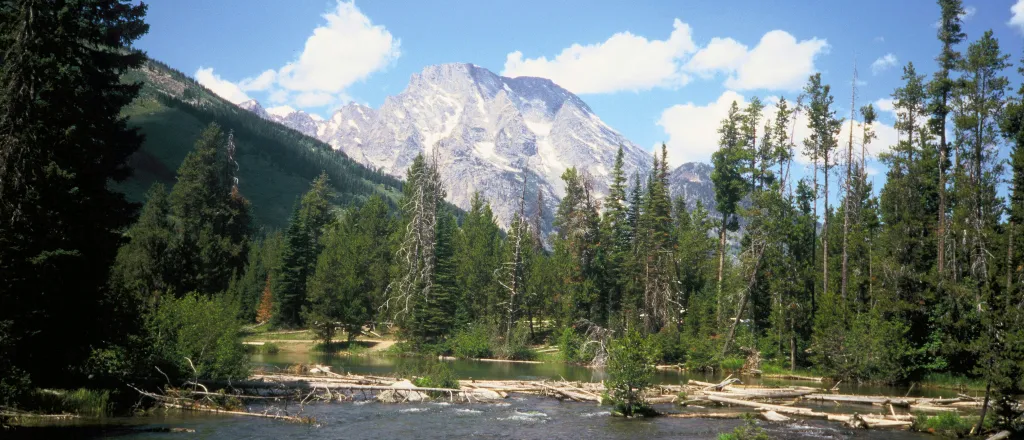
Montana representative leads push to strip public lands sale from federal budget bill
Calling it his “San Juan Hill,” a reference to a Spanish-American War battle victory by Teddy Roosevelt’s Rough Riders, Montana U.S. Representative Ryan Zinke announced Wednesday he had successfully led a bipartisan charge to remove a provision to sell public lands from the federal budget bill.
The provision to sell off roughly 450,000 acres of federal land in Utah and Nevada passed out of the House Natural Resources Committee in early May, but met opposition from conservation groups and lawmakers on both sides of the aisle.
The proposed sale and exchanges of land involved areas near Las Vegas, Reno and St. George, Utah, aimed at allowing for affordable housing developments on Forest Service and Bureau of Land Management Land.
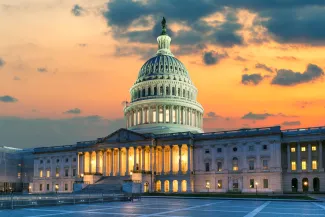
Zinke, a Republican and former Interior Secretary who formed the new bipartisan Public Lands Caucus the day after the provision was adopted in committee, has been a strong opponent to the sale of federal public land.
“I do not support the widespread sale or transfer of public lands. Once the land is sold, we will never get it back. God isn’t creating more land,” Zinke said in a press release on Wednesday. “Public access, sportsmanship, grazing, tourism… our entire Montanan way of life is connected to our public lands.”
The House Rules Committee removed the provision from the budget bill after opposition from several Western Republicans, including Zinke, Representative Troy Downing, R-Montana, and Public Lands Caucus Vice Chairman Representative Mike Simpson, R-Idaho.
The opposition to public lands sale threatened to derail President Donald Trump’s “One Big Beautiful Bill Act,” a sweeping 1,116-page bill that contains the administration’s spending priorities.
With the federal land transfer portion struck from the reconciliation package, Zinke and Downing both endorsed the “Big Beautiful Bill,” which includes extending the Trump Administration’s tax cuts from 2017, increasing funding for the border wall, Border Patrol and Immigration and Customs Enforcement, and temporarily eliminates taxes on overtime work and tips.
The bill could also cut funding from programs such as Medicaid and SNAP benefits, which states may have to fund in order to keep service levels intact. It also includes implementing work requirements for Medicaid within two years and accelerates the phase-out of clean energy tax credits enacted by former President Joe Biden.
The bill, which passed an initial House vote by a single vote, still faces opposition for its price tag. The Nonpartisan Congressional Budget Office estimates it would add nearly $4 trillion to the nation’s debt.
Public lands in public hands
Multiple conservation groups released statements praising the work done by Zinke, and thousands of constituents nationwide, to remove the public lands sale amendment from the bill.
“Tens of thousands of Montana hunters, anglers, and other outdoor enthusiasts have been flooding the Capitol switchboard, attending weekend rallies, and writing letters and postcards to Congress, asking that the public lands transfer amendment be killed,” said Mike Mershon, board chair and president of the Montana Wildlife Federation, in a statement.
“Selling our shared public lands to pay for tax cuts for the rich was and is an awful, un-American idea, and we appreciate Rep Zinke’s work to keep it out of the bill. His colleagues never should have considered it in the first place,” Lydia Weiss, senior director for government relations at The Wilderness Society, said in a statement.
Montana Conservation Voters, Trout Unlimited, the Theodore Roosevelt Conservation Partnership, Outdoor Recreation Roundtable, MeatEater and other groups also released statements.
The success in appealing to Republican leaders to make the change marked a strong win for the new members of the Public Lands Caucus.
Downing said in a statement that he was pleased the bill removed the public lands sale, and that it includes keeping the Bull Mountains Mine in Musselshell County operational.
“Our legislation delivers historic tax cuts, secures our borders, strengthens key programs for future generations, eliminates waste, fraud, and abuse, and sets the country on a path toward fiscal responsibility,” Downing said. “Our work is not done, but Republicans will not rest until this once-in-a-generation legislation is signed by the President.”






